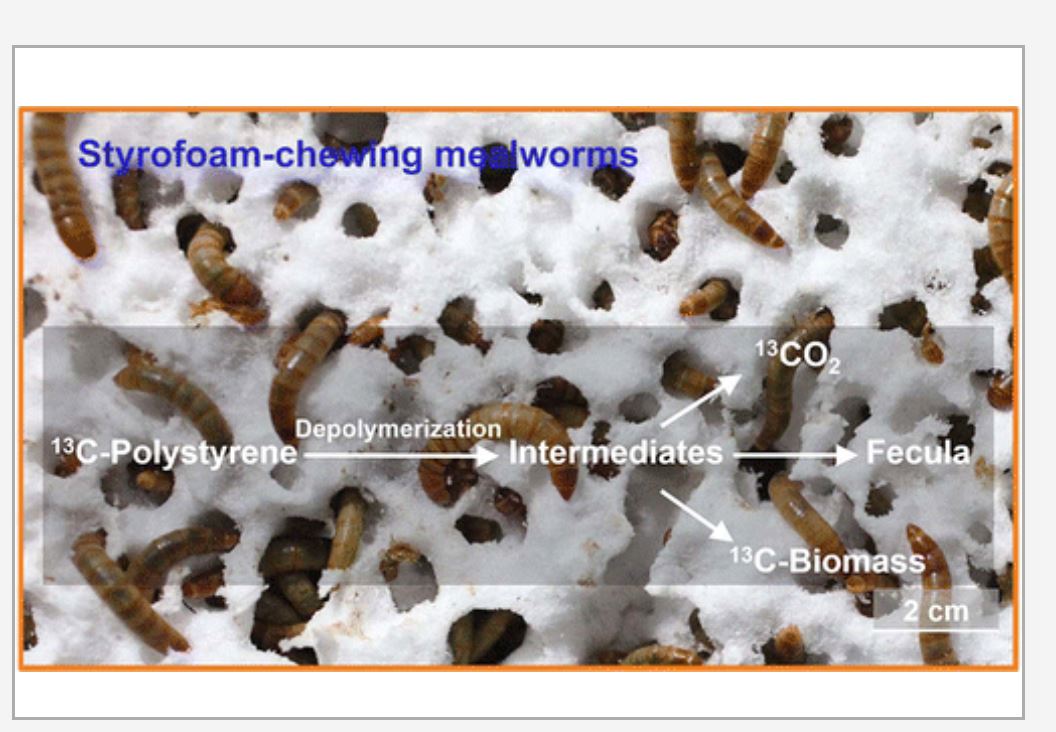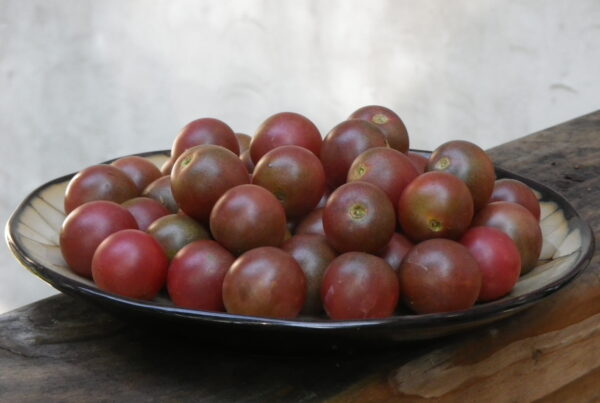By Mark Schonbeck, VABF Policy Liason
What Are “Agricultural Appropriations?
And what do they mean for organic farms, local food systems, and climate?
The annual federal budget includes two kinds of spending: mandatory (the amount to be spent on a given program is fixed in legislation such as the Farm Bill) and discretionary (the maximum amount that is authorized to be spent is set in the Farm Bill or other legislation but the amount actually spent is determined each year and can vary from zero to the authorized amount). In the annual appropriations process, the Senate and House Appropriations Committees determine whether and how much to fund each discretionary program.
Subcommittees within each Appropriations Committee develop requests for funding in different areas of governmental programming. The Agricultural Appropriations Subcommittees do this for discretionary Farm Bill programs including Sustainable Agriculture Research and Education (SARE – authorized at $60 million), the Organic Transitions Research Program (ORG authorized at $10 million) and parts of the Local Agriculture Markets Program and the Farming Opportunities Training and Outreach Program (these each receive $50 million per year in mandatory funding with an authorization for some additional discretionary funding).
While the Appropriations for Fiscal Year 2024 (Oct 1 2023 – Sept 30 2024) are still hung-up in difficult negotiations on Capitol Hill, the process for Fiscal Year 2025 is starting now. Members of Congress who serve on Appropriations Committees take input from their constituents regarding discretionary program funding and this input guides their requests for funding. Here in Virginia Representative Ben Cline (R-6th-VA) serves on the Agricultural Appropriations Subcommittee – so those of us in his district can have a significant impact on the outcome of the appropriations process for SARE, ORG, and other programs that support smaller scale, diversified, organic and regenerative farms, and/or resilient equitable local-regional food systems.
National Sustainable Agriculture Coalition (NSAC) prioritizes the following Appropriations requests for FY 2025:
- SARE – $60 million (the currently authorized amount)
- Conservation Technical Assistance (CTA – funds NRCS field staff helping farmers implement conservation systems and practices) – $1.1 billion.
- Grazing Lands Conservation Initiative (part of NRCS CTA) – $30 million.
- Office of Urban Agriculture (has done some great work in its first year but its funding is now at risk) -$25 million.
- Organic Transitions Program (ORG) – $15 million
- Farmer Opportunities, Training, and Outreach (FOTO – beginning, socially disadvantaged, and veteran farmers) – $10 million.
- Local Agriculture Markets Program (LAMP – includes farmers market and local foods promotion and value-added producer grant programs) – $20 million.
Occasionally, Appropriations Committees go “out of their lane†and attach a “rider†to the bill that seeks to tie Departments’ and Agencies’ hands to prevent implementation of new programs or policies opposed by Committee members. One threat that currently looms is a potential attack on the USDA’s new Packers and Stockyards Act fair competition rules, which take significant steps toward leveling the playing field for independent livestock farmers and giving them fair market access and fair prices. So the other NSAC appropriations priority is:
- No riders that would interfere with timely implementation of the USDA’s fair competition rules under the Packers and Stockyards Act.
How You can Take Action
If your farming operation has benefited from any of the above listed discretionary programs or would benefit from protection against unfair competition from big agribusiness meat packers, call your Representative and our Senators to let them know you want full funding for the program(s) that most directly benefit your farm and/or community, or no destructive riders that would disadvantage your independent livestock enterprise.
Even if your Representative is not an Appropriator, your input can have an impact as every Member of Congress provides constituent-based feedback to the Appropriations Committees. And if you are in Rep Cline’s district and want to get more involved in urging him to take a stand for the above priorities, contact me – Mark Schonbeck schonbeckmark@gmail.com. NSAC will be coordinating advocacy campaigns targeted to all members of Agricultural Appropriations Subcommittees. I can link you with NSAC and will be playing some role in this effort.
NSAC Winter Meeting and Farm Bill Update
While the House and Senate Agriculture Committees continue to work on the 2024 (we hope) Farm Bill, Congress as a whole prioritizes completion of the 2024 Appropriations process first – or at least avoiding a government shutdown over differences regarding spending. The Farm Bill was, naturally, the focus of the NSAC Winter meeting in Washington DC, which was once again an excellent meeting with our biggest lobby day ever with over 120 visits with Members of Congress. You can find more on current Farm Bill advocacy at the above link.
Recap: what do we want in the next Farm Bill?
Make Inflation Reduction Act (IRA) funding permanent.
Inflation Reduction Act (IRA) conservation program funding for climate smart agricultural and forestry practices must become a regular part of the Farm Bill. See NSAC blog posts on positive impacts of IRA conservation funding, including increased dollars available to farmers, links to 20 farmer stories and more stories, and helping farmers make their operations more resilient to extreme weather. Also check out this report on a January 11 Congressional briefing with several farmers. The good news is that all Democrats on Agriculture Committees are standing firm on keeping the IRA dollars in climate-friendly conservation practices. We should thank our Rep. Abigail Spanberger (D-7th-VA) for her active support for IRA climate-smart funding as well as research, organic, and local/regional food systems.
Other Farm Bill Priorities include:
- Strengthening Organic Agricultural Research (SOAR) in the House and Organic Science and Research Investment (OSRI) in the Senate to expand organic research funding and establish USDA-wide coordination for organic research.
- The Converting Our Waste Sustainably (COWS Act), modeled on California’s Alternative Manure Management Program, would help livestock farmers reduce methane emissions and protect water through manure composting and pasture-based production.
- The Innovative Practices for Soil Health Act  would increase technical and financial support for farmers undertaking perennial production and conservation systems and make other improvements to EQIP and CSP.
- Reforms to Crop Insurance and Commodity Payments programs so that they support smaller to midscale diversified farms, not just industrial scale commodity production.
- The Strengthening Local Meat Economies Act  and the Strengthening Local Processing Act would support independent livestock farmers and meat processors.
- Click here for more information on these and other Marker Bills that NSAC has initiated, helped to shape, or supported.
Call your Senators and your Representative today to urge them to advocate for including the above measures in the Farm Bill. While the Senate and House Agriculture Committees will draft the Farm Bills to be introduced on the floor of both chambers, all Members of Congress play a significant role in shaping the final Farm Bill that goes to the President to be signed into law. Let our Senators and your Representative know what you need and want in the next Farm Bill. When you call, ask to speak with the staff person on agricultural issues. You can reach Senator Mark Warner at 202-224-2023 and Senator Tim Kaine at 202-224-4024. If you do not know your Representative’s phone number in DC, call the Capitol Hill Switchboard at 202-224-3121.
NOTE: in Virginia, Rep Abigail Spanberger (D-7th) is our one member of the House Agriculture Committee, and she has been a strong advocate for sustainable, organic, socially just, and climate-friendly agriculture. If you are in her district, thank her for all she has done and tell her your story and your highest priorities for the Farm Bill.
2024 EQIP and CSP in Virginia – There is Still Time to Apply
Application Ranking Date March 8, 2024
Virginia NRCS is inviting farmers to apply for contracts under the Environmental Quality Incentives Program (EQIP) and the Conservation Stewardship Program (CSP). Submit your application with proposed conservation practices for your farm and/or forestland before March 8 and it will be considered for funding for the 2024 growing season. While developing the details of your contract with NRCS will take time, the initial application process is fairly simple. Note that the IRA conservation funding allows NRCS to fund more contracts, specifically those focused on climate mitigation and resilience.
So, if you would like a “hands-up†to achieve your soil health, resource stewardship, and climate resilience goals, ask at your district conservation office about EQIP and CSP, or visit the Virginia NRCS website for more information. Ask about IRA funding for climate-smart practices.
Special Opportunity
James River Buffer Program
Designs and installs riparian forest buffer at no cost to you
If your farm is located within the James River watershed and you would like to plant a forested buffer to protect water quality, provide wildlife habitat, and improve farm biodiversity, check out the James River Buffer Program. The James River Association, the Virginia Department of Forestry, and the Chesapeake Bay Foundation are working with farmers and landowners across the middle and upper James River watershed to restore or create forest buffers that improve the quality of local waterways. The program works with you to select tree species, plants the buffer, and provides maintenance for the first three years at no cost to you. Plantings can include income generating species such as sugar maple for syrup production.
Other NSAC News Stories and Blog Posts
Meat and Poultry Processing Technical Assistance
Success Stories
Seeds planted over the past two years with the Biden Administration’s billion-dollar commitment to foster a more resilient, diverse, and equitable meat and poultry processing system are now beginning to sprout across the country and U.S. Territories, reaching Black, Tribal, Muslim, Puerto Rican, and other livestock farmers and entrepreneurs.
Requests for Applications (RFA) Roundup:
Spring 2024 Sustainable Agriculture Funding Opportunities
The USDA has issued Requests for Application (RFAs) for multiple research, conservation, local foods, and renewable energy programs. While some of the deadlines will be past by the time you see this, others are in April and are worth pursuing. For more information, see this NSAC blog post. This will give you an idea of the range of research, training, and rural development programs that the Farm Bill funds, and why it is important to expand investment in these areas in the next Farm Bill






